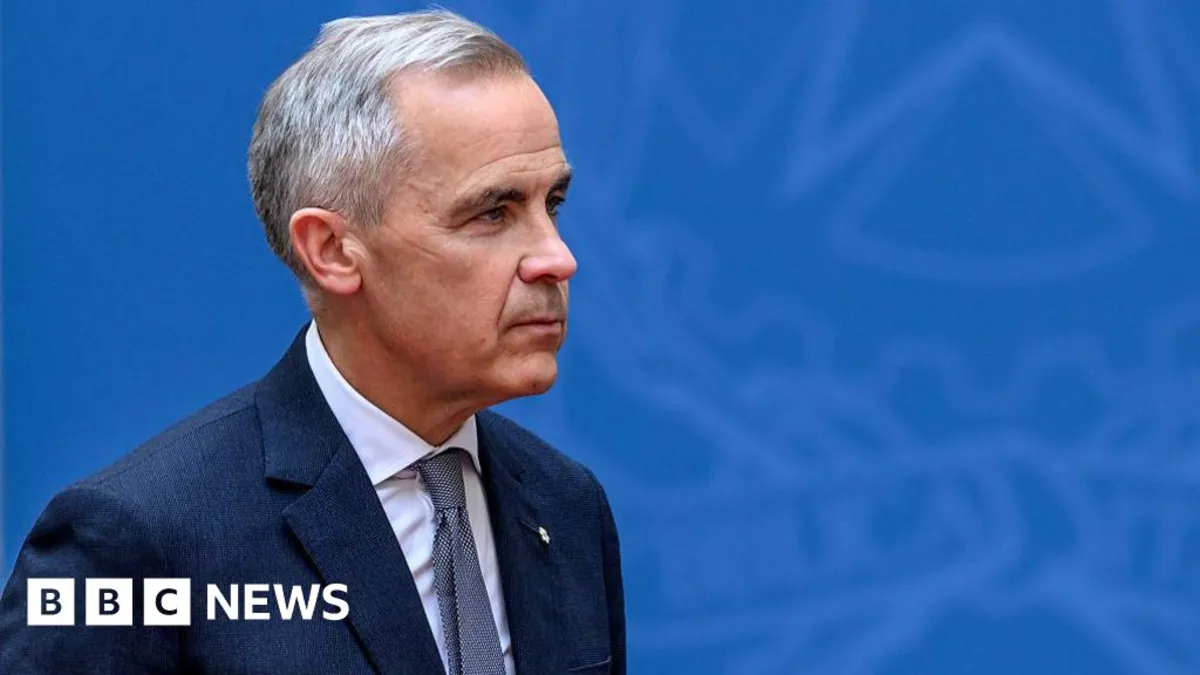
Leaders from some of the world's wealthiest nations have convened at a luxurious mountain lodge in the stunning Canadian Rockies for this year's G7 summit. This elite gathering takes place amid pressing global crises, including conflicts spanning three continents and significant economic instability. As the host country, Canada is chairing the G7 this year, welcoming leaders from Italy, the United States, France, Germany, the United Kingdom, and Japan in Kananaskis, Alberta. The Canadian government has outlined a set of streamlined priorities focusing on enhancing the global economy and bolstering security.
This summit marks a pivotal moment for Mark Carney, as it is his first significant international event since assuming the role of Canadian Prime Minister. Originally, the agenda aimed to showcase Canada's leadership on the global stage, establish it as the strongest G7 economy, and reduce reliance on the US. However, the ongoing Israel-Iran conflict has disrupted these plans, necessitating a reevaluation of the summit's preparations. Carney’s approach to managing relations with US President Donald Trump will be under close scrutiny, especially given Trump’s history of undermining Canadian sovereignty.
According to John Kirton, director of the G7 Research Group at the University of Toronto, the Iran issue is expected to dominate discussions right from the opening ceremony. Carney must demonstrate his capability to treat Trump as an equal while also maintaining a firm stance during meetings. The summit presents a unique opportunity for Canada to secure potential wins, such as new trade and security agreements with the US, which were discussed during a previous meeting in Washington.
This year's summit unfolds against the backdrop of a global trade war initiated by Trump, who has utilized tariffs to recalibrate international trade relationships. Trump has publicly claimed that the US has been unfairly treated by various nations, leading to predictions from the World Bank of the slowest decade of growth since the 1960s. As discussions on the global economy commence on Monday morning, the summit will also address Trump's priorities, including migration, critical minerals, security, and drug trafficking.
This will not be Trump’s first visit to Canada as president; he previously attended a tumultuous summit in Charlevoix, Quebec, in 2018. That summit concluded in disarray, marked by a now-iconic image of former German Chancellor Angela Merkel confronting Trump. Carney aims to sidestep a repeat of such a debacle, emphasizing the importance of consistency in messaging throughout the summit.
As the host nation, Canada has strategically decided to forego a final communique in favor of six concise joint statements focusing on critical topics such as wildfires, critical minerals, and other agenda items. With Canada experiencing its worst wildfire season on record in 2023, the growing threat of climate change will be a subtle yet persistent theme throughout the discussions. Additionally, the situation in Ukraine will be a focal point, with President Volodymyr Zelensky expected to advocate for ongoing support and sanctions against Russia.
In addition to the G7 leaders, Carney has extended invitations to several non-member leaders, including Prime Minister Narendra Modi of India, amidst strained relations due to a controversial incident involving the murder of a Sikh separatist leader in Canada. This guest invitation has sparked backlash from some Canadian communities. Furthermore, Mexico’s President Claudia Sheinbaum is also in attendance, eager to discuss North American trade, which has faced disruptions due to Trump's tariffs.
The 2023 G7 summit in Canada is shaping up to be a significant event, with challenges and opportunities for the host nation and its allies. As world leaders navigate complex geopolitical landscapes and pressing economic issues, all eyes will be on Carney to see how he manages this pivotal moment on the global stage.